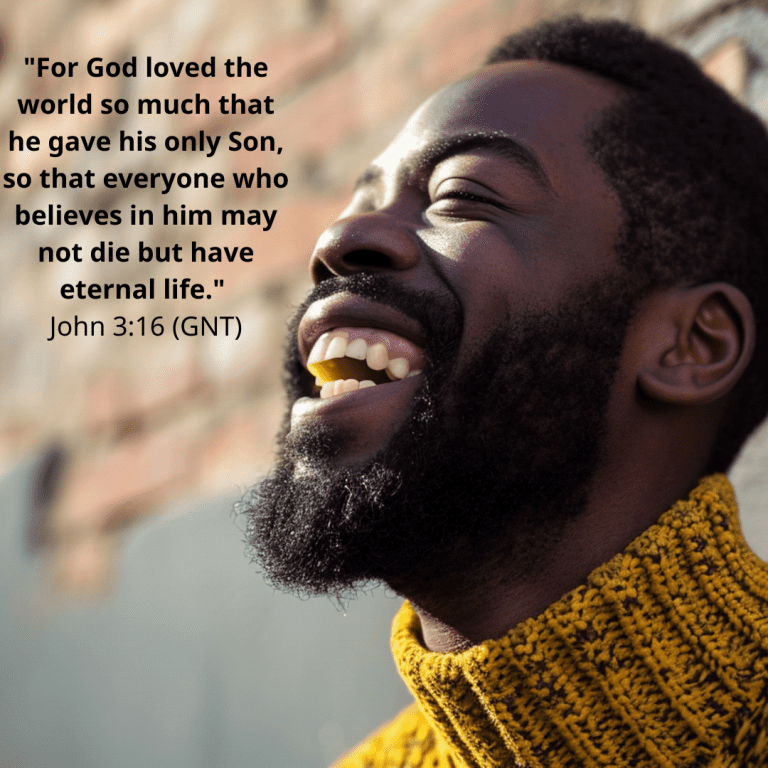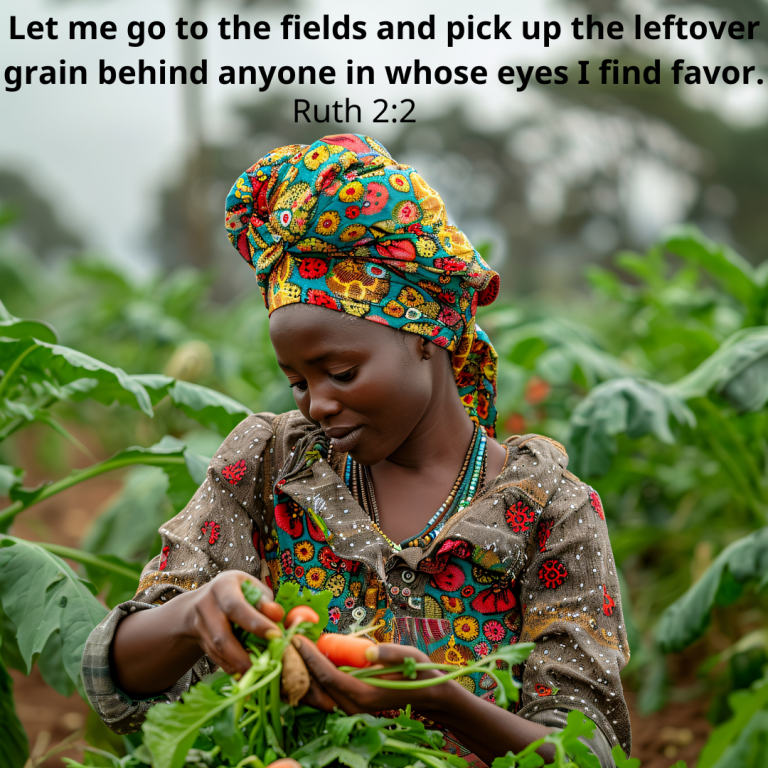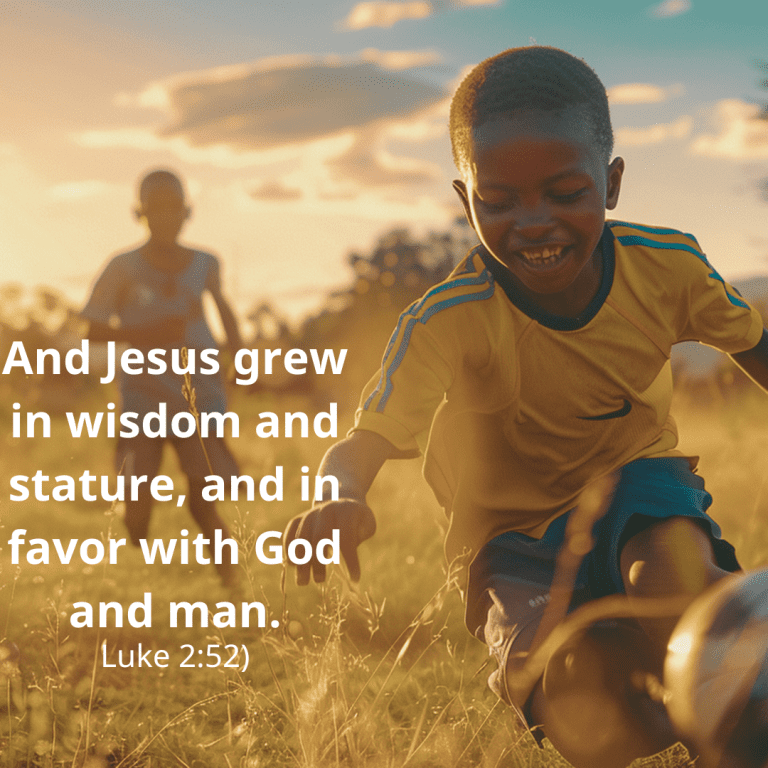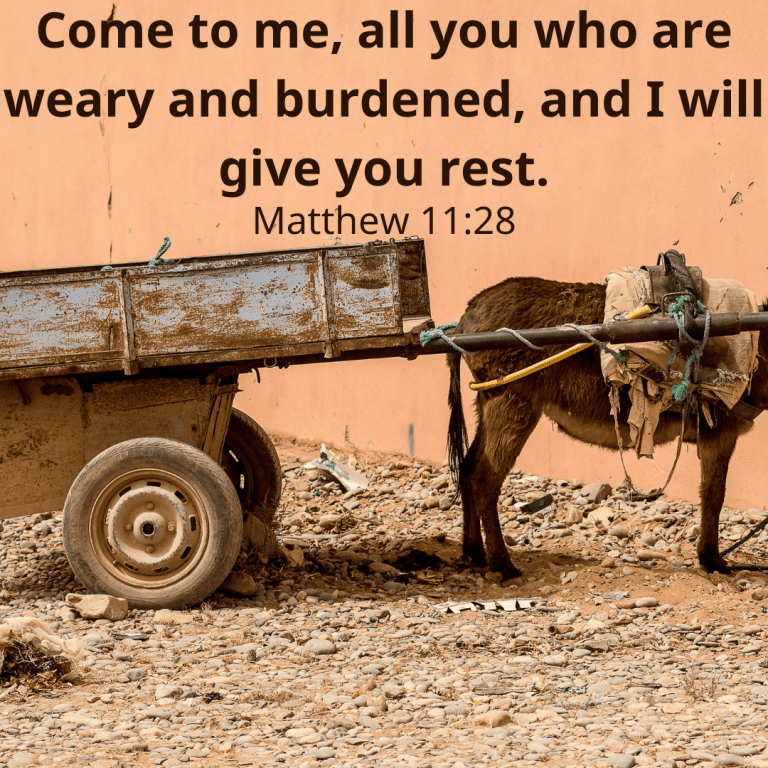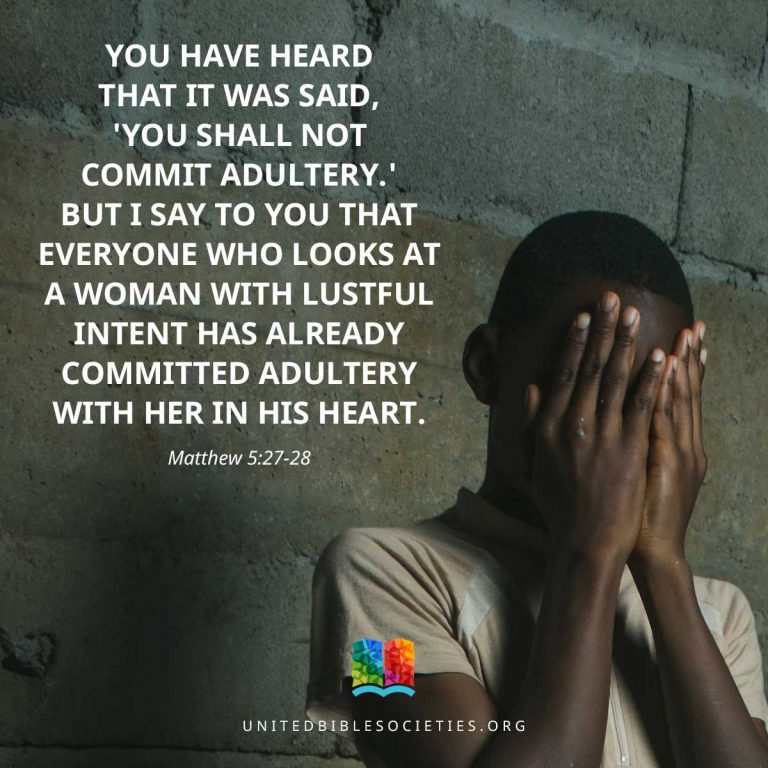Visitors from the East
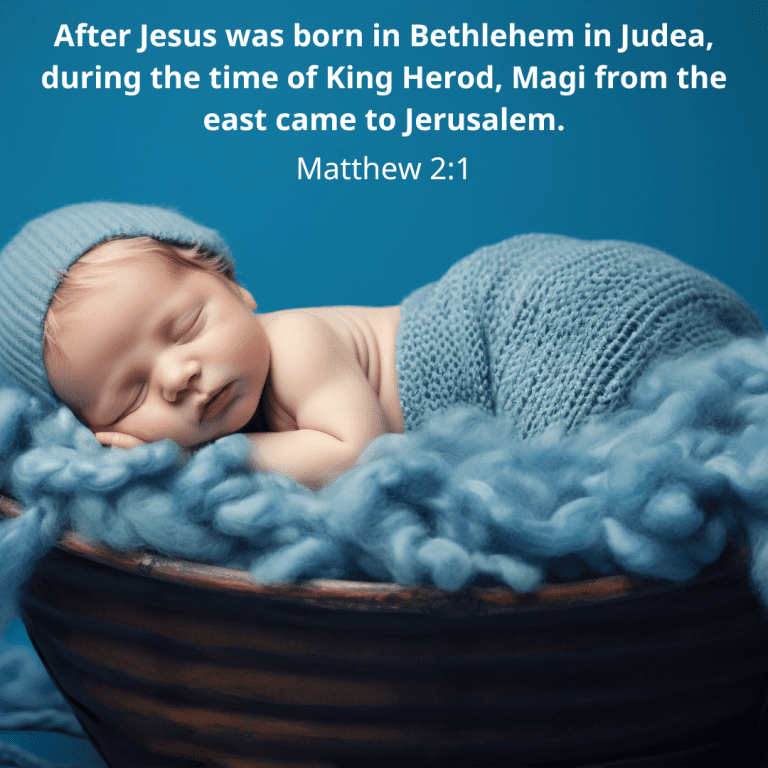
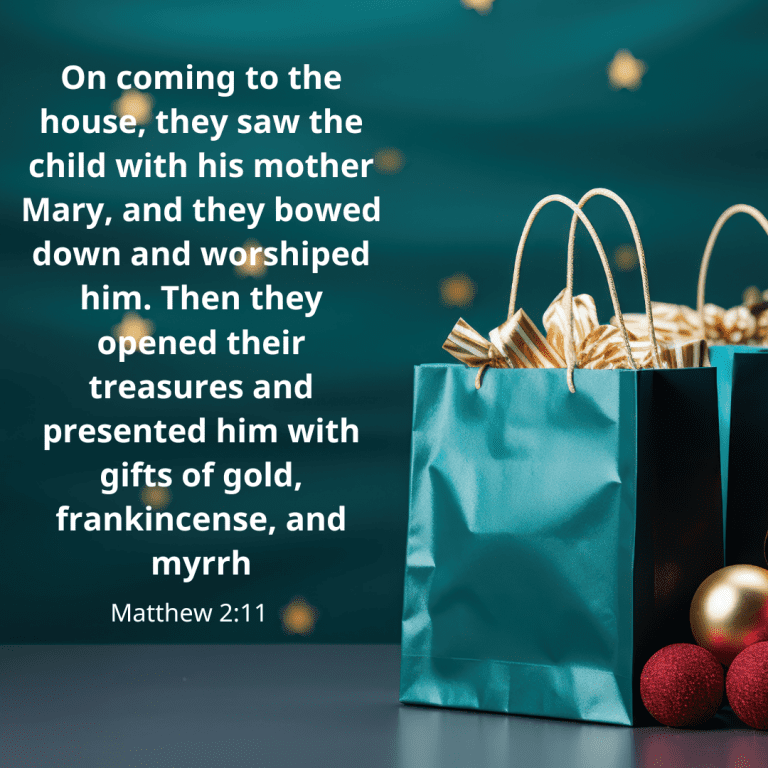
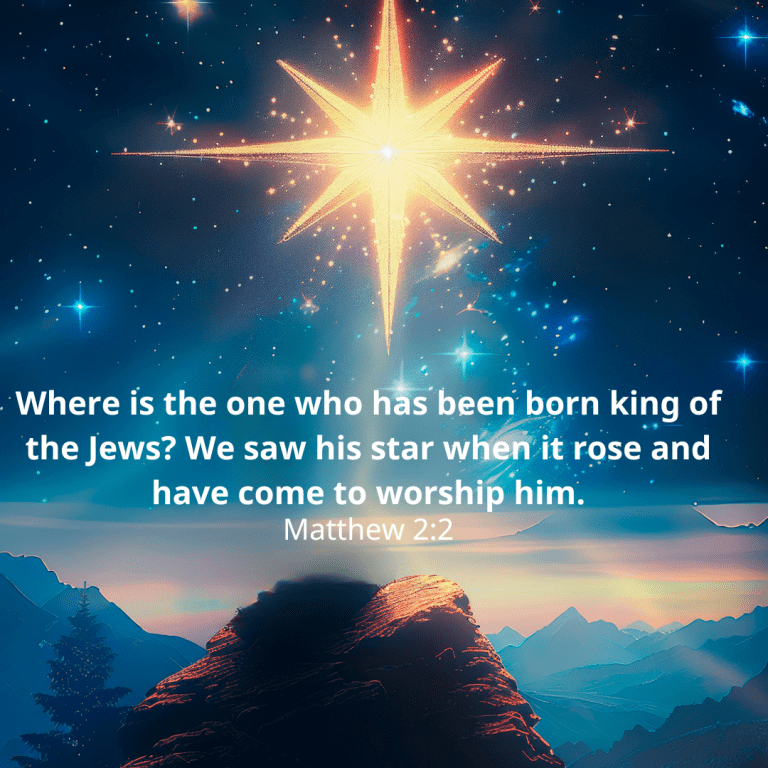
1 Jesus was born in the town of Bethlehem in Judea, during the time when Herod was king. Soon afterward, some men who studied the stars came from the East to Jerusalem 2 and asked, “Where is the baby born to be the king of the Jews? We saw his star when it came up in the east, and we have come to worship him.”
3 When King Herod heard about this, he was very upset, and so was everyone else in Jerusalem. 4 He called together all the chief priests and the teachers of the Law and asked them, “Where will the Messiah be born?”
5 “In the town of Bethlehem in Judea,” they answered. “For this is what the prophet wrote:
6 ‘Bethlehem in the land of Judah,
you are by no means the least of the leading cities of Judah;
for from you will come a leader
who will guide my people Israel.’”
7 So Herod called the visitors from the East to a secret meeting and found out from them the exact time the star had appeared. 8 Then he sent them to Bethlehem with these instructions: “Go and make a careful search for the child; and when you find him, let me know, so that I too may go and worship him.”
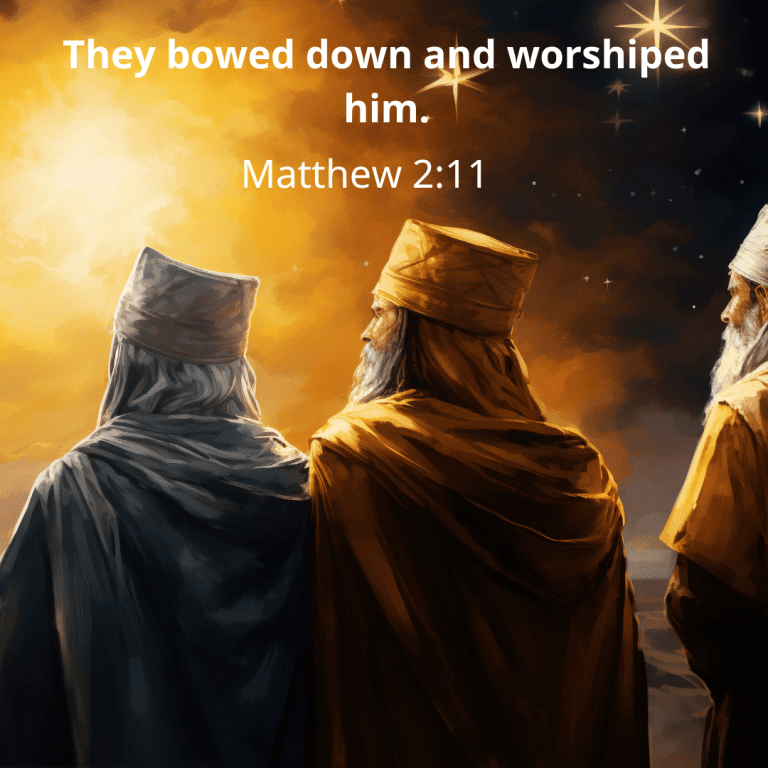
9-10 And so they left, and on their way they saw the same star they had seen in the East. When they saw it, how happy they were, what joy was theirs! It went ahead of them until it stopped over the place where the child was. 11 They went into the house, and when they saw the child with his mother Mary, they knelt down and worshiped him. They brought out their gifts of gold, frankincense, and myrrh, and presented them to him.
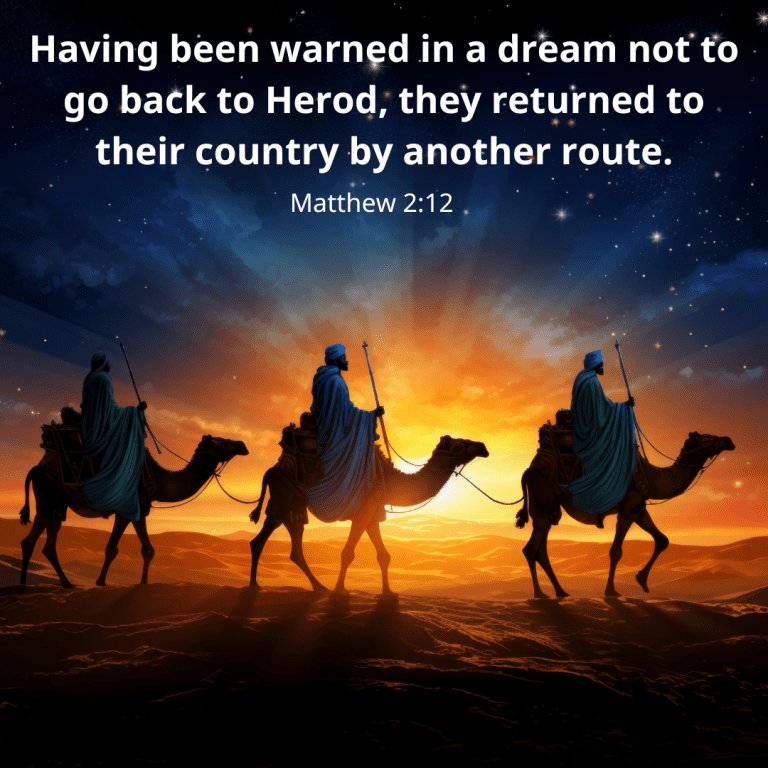
12 Then they returned to their country by another road, since God had warned them in a dream not to go back to Herod.
The Escape to Egypt
13 After they had left, an angel of the Lord appeared in a dream to Joseph and said, “Herod will be looking for the child in order to kill him. So get up, take the child and his mother and escape to Egypt, and stay there until I tell you to leave.”
14 Joseph got up, took the child and his mother, and left during the night for Egypt, 15 where he stayed until Herod died. This was done to make come true what the Lord had said through the prophet, “I called my Son out of Egypt.”
The Killing of the Children
16 When Herod realized that the visitors from the East had tricked him, he was furious. He gave orders to kill all the boys in Bethlehem and its neighborhood who were two years old and younger—this was done in accordance with what he had learned from the visitors about the time when the star had appeared.
17 In this way what the prophet Jeremiah had said came true:
18 “A sound is heard in Ramah,
the sound of bitter weeping.
Rachel is crying for her children;
she refuses to be comforted,
for they are dead.”
The Return from Egypt
19 After Herod died, an angel of the Lord appeared in a dream to Joseph in Egypt 20 and said, “Get up, take the child and his mother, and go back to the land of Israel, because those who tried to kill the child are dead.” 21 So Joseph got up, took the child and his mother, and went back to Israel.
22 But when Joseph heard that Archelaus had succeeded his father Herod as king of Judea, he was afraid to go there. He was given more instructions in a dream, so he went to the province of Galilee 23 and made his home in a town named Nazareth. And so what the prophets had said came true: “He will be called a Nazarene.”
Ŋen ŋəled̶a ildi lələŋeṯo ŋen nəsi leṯo Yesu nano ŋen gələŋənu
1 Ndə Yesu gələŋeinu alo yi-Beṯlam alo Yuḏiya, iliga Iruḏus gəɽo eləŋ. Led̶a ildi lələŋeṯo ŋen nəsi lalo yenəŋ nwaldaŋ kaiñ Ndelia leṯo alo yi-Ursalim, ldaṯa, 2 “Gënəŋu gwëtu ŋga igi gələŋənu gəɽo Eləŋ g-Alyawuḏ? Ŋen ŋanṯa ñagaseicu d̶opa d̶əlëɽəŋu d̶ətwod̶o Ndelia na ñageṯo ṯa ñamukwud̶əñiṯialo.” 3 Ndə eləŋ Iruḏus gəno ŋen iŋi, nəŋgərd̶e kaiñ, na led̶a pred̶ lalo yi-Ursalim com. 4 Orn gënəŋu nəŋundəd̶aici nələŋ ldəɽo pred̶ nəkana, na led̶a ildi ləbërrəŋaid̶ia ŋen ŋ-Alganun l-Israyil nəŋəleɽəd̶e ṯa, “Almasiya gid̶i aŋələŋeini ŋga?” 5 Lënəŋulu ldəmeiṯi ṯa, “Irnuŋ gəbërnia Beṯlam alo Yuḏiya, ŋen ŋanṯa ŋen ŋawërd̶ənu nabiya,
6 ‘Aganəŋa ya Beṯlam alo yi-Yaud̶a agero agəta agəməñaṯo irnuŋ pred̶ galo gə-Yaud̶a kwai kwai.
Ŋen ŋanṯa Eləŋ gid̶i aŋətwod̶e eŋa igi gid̶i aŋərəmoṯe led̶a əllëɽəñi l-Israyil’.”
7 Orn Iruḏus nəŋundəd̶i led̶a lələŋeṯo ŋen nəsi ŋoɽoma ildi leṯo nwaldaŋ nəŋəleɽəd̶e ṯa aŋələŋeṯe liga d̶urri ildi d̶opa d̶ətwod̶au. 8 Nṯia gënəŋu nəŋələd̶waṯe alo yi-Beṯlam, nəŋəleiṯi ṯa, “Mbər ñekeɽəd̶e ŋen d̶urri ŋəŋere, na ndə ñagəfid̶u, elar ñaiñəlwaɽəṯi ṯa, igënəñi yela yud̶əñiṯialo com.” 9 Ndə led̶a lələŋeṯo ŋen nəsi ləno ŋen ŋeləŋ ldətwod̶e ldabəla na d̶opa id̶i ləseicu ŋen d̶ətwod̶o Ndelia nḏəlafəṯi nëiñua nḏəd̶uri eɽa ed̶əpe igi ŋere ŋəfau. 10 Ndə ləseicu d̶opa ldəŋəreṯe nano d̶əŋəra nano d̶oɽra kaiñ. 11 Orn ldënṯi egeɽa, ldəseici ŋere iŋi ləfo ləŋgenga gəbërnia Mariam, na lënəŋulu ldukwud̶əñiṯialo. Ldəgagid̶i sanḏug esen ldəmanaice aḏaəb, na ŋela ŋəmwad̶a gaiñəla kaiñ ŋəbërnia luban, na waŋge gəbërnia murra (laŋge ildi lwaiña iliano kaiñ). 12 Orn led̶a ildi lələŋeṯo ŋen nəsi ld̶əlwaɽənṯi iŋurid̶ ṯa alerṯe loɽəbaṯa Iruḏus nano, nṯia ldətwod̶e ldəməñe ed̶ad̶ d̶ərto, ldoɽəbaṯe irnuŋ egen.
Ŋen ŋəd̶obəd̶aṯa alo yi-Masr
13 Ndə led̶a ildi lələŋeṯo ŋen nəsi ləbəɽo, malaiyəka d̶-Eləŋ Rəmwa nḏeṯa Yusif nano iŋurid̶ nḏəmeiṯi ṯa, “Twod̶o, ŋame ŋere na ləŋgen, ñaɽe taltal alo yi-Masr, ñaɽaŋad̶aṯe tu ṯia oro igid̶i indəlwaɽəṯi, ŋen ŋanṯa Iruḏus gid̶i aŋəpwaiñe ŋere ṯa aŋəɽiñe.” 14 Yusif nəŋətwod̶e uləŋgi nəŋəme ŋere na ləŋgen, ldabəṯa alo yi-Masr, 15 na lënəŋulu ldəɽaŋe tu pərr na Iruḏus nəŋaiye. Ŋen iŋi ŋaɽo ṯia, ṯa ŋen Eləŋ Rəmwa rəlwaɽo nabiya aŋəɽiñəd̶eini ndə raṯa, “Igundəd̶u Id̶ia gəlëɽəñi alo yi-Masr.”
Ŋen Iruḏus gəɽiño ñere ñalo yi-Beṯlam
16 Ndə Iruḏus gəseicu ṯa led̶a ildi leṯo nwaldaŋ lid̶əma ŋad̶əna nəŋəciṯano kaiñ, nəŋəd̶waṯe askari ywaiña neɽiñe ñere pred̶ ñərrwa alo yi-Beṯlam, na alo yi-Beṯlam ṯwaiñ iñi ñerṯo nṯəlia nəɽijan, na ñərra ñəmulu ñəberṯia nṯəlia nəɽijan, ŋen ŋarno liga ildi gënəŋu gërrəŋeinu ŋen ŋənələŋ. 17 Nṯia ŋen ŋəɽiñəd̶einu iŋi anabi Irəmiya gəlwaɽo ndə gaṯa,
18 “Olia ganənu alo ye-Rama, gəd̶ara na gəd̶wana kaiñ.
Rayil gabara ŋen ŋanṯa ñere ñəlëɽəŋu, nəŋəned̶e gəbəɽiniano ŋen ŋanṯa ñere ñero d̶əge.”
Ŋen ŋəd̶oɽəbəd̶ia alo yi-Masr
19 Ndə Iruḏus gaiyo d̶əge, malaiyəka d̶-Eləŋ Rəmwa nḏeṯa Yusif nano iŋurid̶ alo yi-Masr, 20 nḏəmeiṯi ṯa, “Twod̶o, ŋame ŋere na ləŋgen, ñoɽəbaṯe alo y-Israyil, ŋen ŋanṯa led̶a laiyo ildi lwonaṯa ləɽiña ŋere.” 21 Orn gënəŋu nəŋətwod̶e, nəŋəme ŋere na ləŋgen, ldoɽəbaṯe alo y-Israyil. 22 Orn ndə Yusif gəno ṯa Arkilawus garraṯo eŋələŋ ŋeṯen Iruḏus nəŋəɽeṯe eləŋ galo Yuḏiya, nəŋəd̶əñiṯalo ṯa goɽəbaṯa alo yakəl nəgabəṯa alo yi-Jalil ndə gërrəŋeinu ŋen ṯia iŋurid̶. 23 Gënəŋu gabəɽo nəŋəfeṯe alo yenəŋ ibërnia Nasəraṯ, ṯa ŋen aŋəɽiñad̶eini iŋi anəbiya yelwaɽo ṯa, “Gënəŋu gid̶i aŋënəjəni Nasəriya.”


